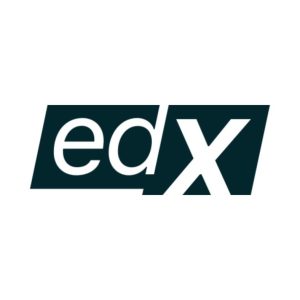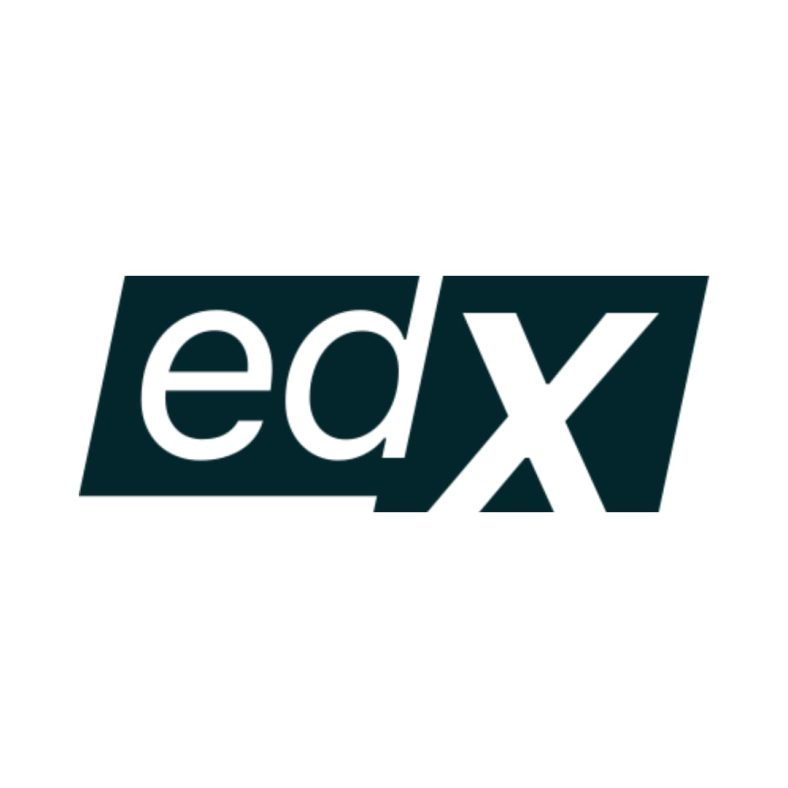LinuxFoundationX: Open Source Software Development: Linux for Developers
|
Start your open source software (OSS) adventure today by learning the key concepts of developing open source software and how to work productively in a Linux environment.
About this course
Open source software (OSS) has become dominant in the technology space. Since its launch in 1991, Linux has grown to power virtually all the world’s supercomputers, most mobile devices, financial exchanges, space stations and rovers, and serves as the backbone of the cloud and the internet itself. Companies, organizations, governments and individuals around the world rely on Linux and open source technologies to conduct business and live their lives every single day. At the same time, the demand for Linux and open source talent is as strong as ever, as revealed by the 2021 Open Source Jobs report.
This course will guide developers to understanding the ‘rules of the road’ of creating open source software, either as a newbie or as someone with experience primarily in creating and working with proprietary code.
The first part of this course covers the fundamentals of open source software development: the who (successful projects and communities), what (definition), why (benefits), where (Git), and how (licensing, compliance, collaboration tips, managing diversity, and continuous development & integration).
The second part of this course dives into the world of Linux: what Linux is, its history, how to separate the kernel from the operating system, and making contributions to it. It covers the graphical system interface, as well as working at the command line, and continues to discuss filesystems, major system components, user accounts, and more, to help you get fully oriented to working on a Linux system.
This course will provide you with a strong foundation for working comfortably and productively in open source development communities. By the end of this course, you will have a better understanding of the Linux environment, as well as the methods and tools required to successfully use the Linux environment.
At a Glance:
Institution: LinuxFoundationX
Subject: Computer Science
Level: Introductory
Prerequisites:
To make the most of this course, you will need:
Experience as a developer on any operating system
Experience in working at the command line is not necessary but would be helpful
You will need a computer installed with a current Linux distribution, with the important developer tools (for compiling, etc.) properly deployed. Either a physical computer or a Linux Virtual Machine (VM) can be used.
Associated programs:
Professional Certificate in Open Source Software Development, Linux and Git
Language: English
Video Transcripts: اَلْعَرَبِيَّةُ, Deutsch, English, Español, Français, हिन्दी, Bahasa Indonesia, Português, Kiswahili, తెలుగు, Türkçe, 中文
Associated skills:Open Source Technology, Diversity Management, Space Stations, Command-Line Interface, File Systems, Integration, Git (Version Control System), User Accounts, Linux, Open Source Development, Open-Source Software, Supercomputing, Operating Systems
User Reviews
Be the first to review “LinuxFoundationX: Open Source Software Development: Linux for Developers” Cancel reply

Related Products

DartmouthX, IMTx: Linux Basics: The Command Line Interface
Learn the Linux Command Line interface and become a skilled user of this powerful operating system.

IBM: Introduction to IBM z/OS Mainframe
This is your introduction to the hardware, operating systems, security, and features that make this possible. On successful completion of this course, learners are eligible to earn their Introduction to Enterprise Computing badge.

DartmouthX, IMTx: C Programming: Getting Started
Start learning one of the most powerful and widely used programming languages: C.

IBM: Linux Commands & Shell Scripting
This mini-course describes shell commands and how to use the advanced features of the Bash shell to automate complicated database tasks. For those not familiar with shell scripting, this course provides an overview of common Linux Shell Commands and shell scripting basics.

IBM: Operating Systems and Security
This course focuses on the foundational concepts common to all operating systems and the unique aspects of Windows, Linux, and macOS.

LinuxFoundationX: Git for Distributed Software Development
Get a thorough introduction to Git, the source control system that arose out of the Linux kernel community, that enables widely distributed software development to operate efficiently.



There are no reviews yet.